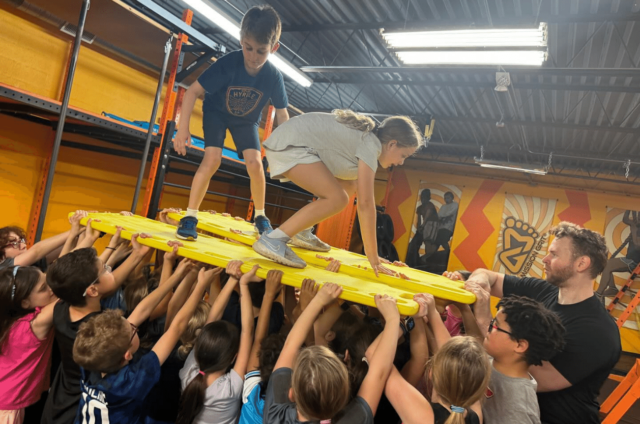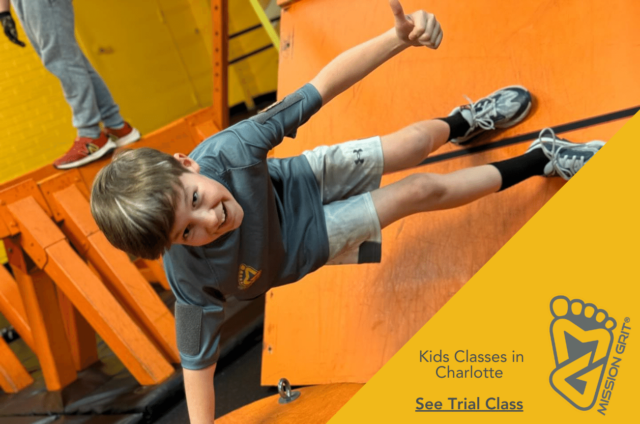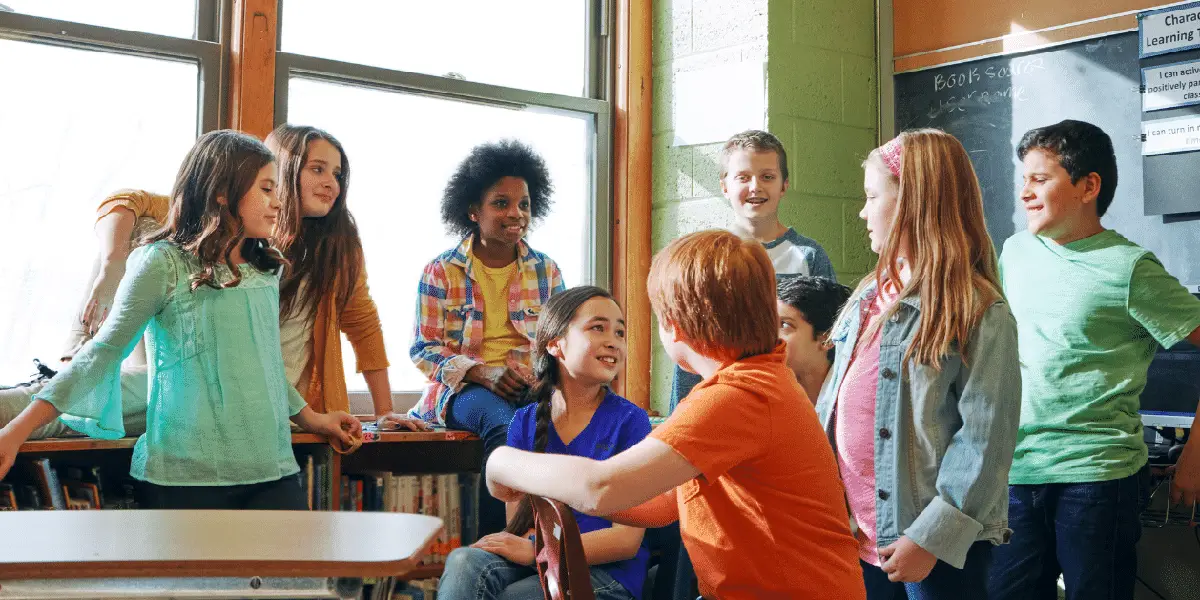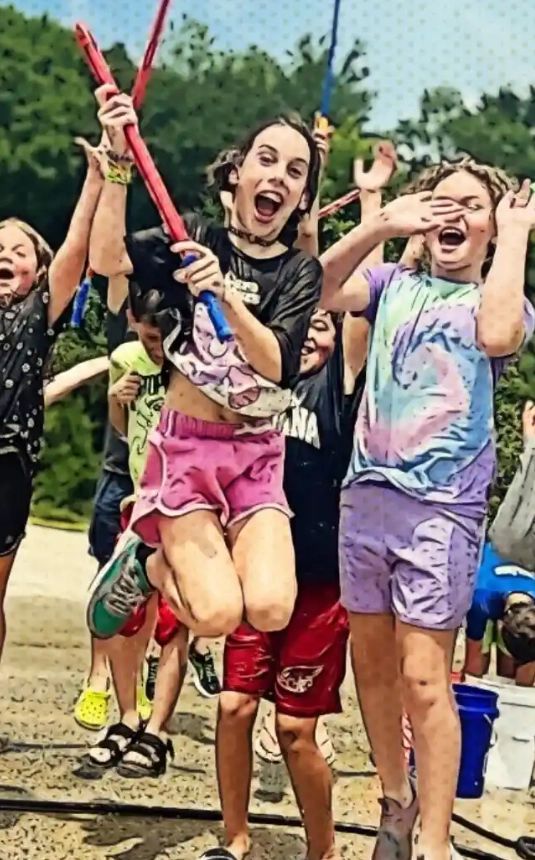How to Develop Social Skills for Kids
In a world where communication is predominantly digital, the art of developing meaningful personal interactions can seem like an arduous task, especially for children. Social skills are crucial not only in forming friendships but also in building a foundation for future professional relationships. Whether it’s understanding emotions or learning how to navigate through conflicts, mastering social skills from a young age paves the way for well-rounded and resilient individuals. This comprehensive guide will walk you through practical and actionable strategies on teaching social skills to help your child thrive in any social situation.

10 Tips on Improving Social Skills for Kids
1. Model Social Behavior
Children learn a lot by observing their surroundings, especially from adults. By consistently modeling positive social behavior—like maintaining eye contact during conversations, showing politeness, and sharing with others—you provide live examples for your kids to emulate. For instance, when interacting with friends or family members, articulate your appreciation clearly and display active listening. These behaviors serve as templates for children on how to act in various social scenarios.
2. Teach Empathy
Empathy is at the core of all social interactions—it involves understanding and sharing the feelings of another person. Cultivate empathy by discussing emotions openly with your children: name these feelings and talk about what might cause them in oneself or others. You can enhance this learning process through role-playing games where each person assumes roles that require understanding different perspectives.
3. Encourage Play
Structured play dates aren’t just fun; they’re crucial classrooms where kids learn valuable societal norms like taking turns, cooperating, and dealing with setbacks gracefully. Provide regular opportunities for playtime with peers so that your child can practice these principles in a safe environment before bringing them into larger groups or more formal settings.
4. Practice Communication Skills
Effective communication is vital within any relationship; it involves both expressing oneself clearly and listening attentively to others. Help your kids develop this essential skill by engaging them in activities that prompt conversation—and be sure not just to talk but really listen to their responses! Fun activities like storytelling rounds or simple Q&A sessions during dinner time can foster an open dialogue.
5. Provide Opportunities for Social Interactions
Socialization should happen across various environments so kids can adapt their behaviors accordingly—from schoolyard chats to family gatherings and community events such as sports games or workshops focused on teaching social skills are excellent platforms for real-world practice.
6. Teach Conflict Resolution
Disagreements are inevitable; what’s important is how they’re handled. Equip your child with techniques to resolve conflicts amicably by encouraging calm discussions over aggressive confrontations whenever disagreements arise amongst siblings or friends—a skill set invaluable throughout life.
7. Encourage Inclusivity
Teaching inclusivity helps children understand and appreciate diversity at an early age thus expanding minds beyond ‘us’ versus ‘them’. Engage them in activities that involve various cultures or differently-abled peers which reinforces the concept that everyone’s unique yet equal values contribution no matter their backgrounds.
8. Provide Feedback and Reinforcement
Solidifying good manners necessitates reinforcement—an acknowledgement when right actions taken Helen reward successful demonstrations.
9. Read Social Stories
Use books and stories that focus on social situations to discuss and reflect on social behavior. This can help children understand complex social concepts and learn appropriate responses.
10. Limit Screen Time
While technology can be educational, excessive screen time can reduce face-to-face interactions. Encourage real-world interactions and set limits on the use of devices.
Read Recommended Screen Time for Children

How We Develop Kids Social Skills at Mission Grit
At Mission Grit, we are committed to nurturing essential social skills in children through a structured yet flexible curriculum designed to foster growth, cooperation, and leadership. By integrating a variety of dynamic activities and targeted teachings, we help children not only build social skills but immerse deeply into their development process. Here’s how we approach the enriching journey of building these vital capabilities.
Progress
In the realm of social skills development, recognizing and celebrating progress plays a pivotal role. At Mission Grit, every child’s advancement is tracked and supported through personalized feedback mechanisms. We emphasize incremental learning which allows kids to take brave but small steps towards mastering complex social interactions. This method ensures that kids don’t just learn; they absorb and apply what they’ve learned in real-life scenarios. Such an approach significantly boosts their confidence and reinforces the importance of continuing improvement—key aspects of why social skills are important.
See our Kids Classes.
Teamwork
Understanding and performing within a team are crucial components when aiming to build social skills in young minds. Through our unique ‘teamwork triangle’ concept which includes Trust, Communication, and Devotion (T3), students gain hands-on experience by partaking in team-building challenges and scenario-based quests designed to nurture a non-competitive atmosphere where inclusivity thrives.
Not only do these activities for social skills elevate their capacity to collaborate, but also heighten their sense of belonging within various group dynamics.
Also read: Teamwork for Kids
Problem Solving
Problem solving is intricately linked with effective social skills development. It transcends traditional learning barriers by integrating it into real-world tasks that demand critical thinking, collaboration, and creativity from children. Our strategy includes engaging them in mind games that require teamwork to navigate through intriguing puzzles or scenarios requiring quick thinking solutions. These interactive elements teach children not just the relevance but the application of problem-solving techniques, preparing them for both academic pursuits and daily encounters.
Leadership
Finally, cultivating leadership ties all aspects of building social skills together at Mission Grit. Leaders aren’t born overnight; they are molded by experiences that allow them to assume responsibilities gradually while influencing others positively along their journey. At Mission Grit, every child is seen as a potential leader who can contribute uniquely to their community. We champion this belief by giving them opportunities to manage teams during activities, making decision-making safe yet ambitious for them.
Also read: How to Develop Leadership in Kids
Through this comprehensive framework at Mission Grit, we ensure that each participant not only understands but exemplifies strong social behavior patterns—laying down a robust foundation for lifelong interpersonal successes.

Conclusion
Developing social skills in children is essential for their growth and future success. By modeling positive behavior, teaching empathy, and fostering varied social interactions, parents and educators can greatly influence children’s ability to handle social situations. Strategies such as encouraging effective communication and limiting screen time contribute to creating interactive experiences that support healthy social development.
At Mission Grit, we integrate these practices in a supportive environment that challenges children to build life-long interpersonal skills through teamwork and problem-solving activities.
Remember, each child is unique and may require tailored approaches and consistent encouragement to develop strong social capabilities effectively.
Keep adapting and exploring new methods to meet your child’s evolving needs as they grow.



